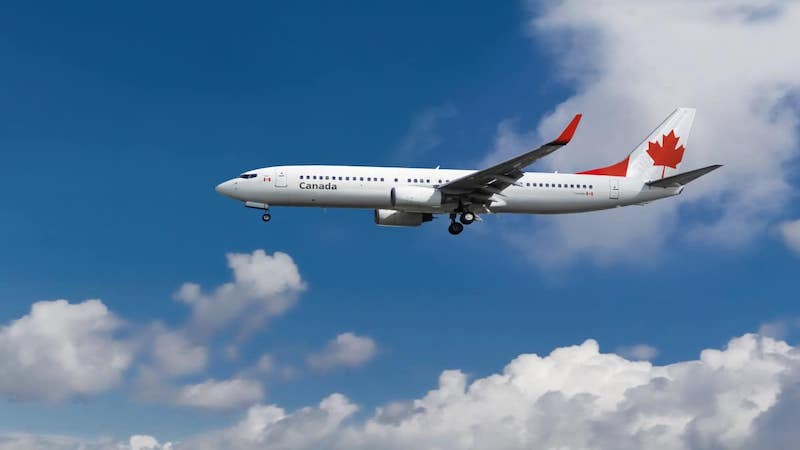The Electronic Application for Permanent Residence (eAPR) represents the final step in Canada’s Express Entry immigration process. This stage involves submitting all required documents and evidence that verify the information you provided in your initial Express Entry profile.
Documents Required for Electronic Application for Permanent Residence (eAPR)
The documents you must submit include all evidence that supports your claimed qualifications and confirms that you are legally and medically admissible to Canada.
If you cannot provide a requested document, you must include a Letter of Explanation (LoE) detailing why it is unavailable and the efforts you have made to obtain it.
All documents must be submitted in English or French. If they are in another language, a certified translation by an authorised translator is required.
Consulting a Canadian immigration lawyer can help you explain any discrepancies or missing documents clearly and professionally to the visa officer.
1. Identity and Civil Status Documents
-
Passport:
A copy of the biographical page of the passport for the principal applicant and all accompanying family members. -
Birth Certificates:
A birth certificate is required for everyone included in the application.
If your country does not issue birth certificates, you may provide another document showing your date of birth and at least one parent’s name. A Letter of Explanation should be attached in such cases. -
Adoption Certificates:
Required if you have adopted children. -
Marital Status:
-
Single: Usually, no document is needed.
-
Married: Marriage certificate.
-
Common-law/Conjugal: Proof of a genuine relationship.
-
Divorced: Divorce certificate(s).
-
Widowed: Marriage and death certificates.
-
2. Language Test Results
Although the IRCC may already have access to your language test results, it’s advisable to upload your test report to prevent potential delays.
If your spouse has taken an approved language test, include their results as well.
3. Work Experience Documents
To verify your work experience claimed in your Express Entry profile, provide:
-
Reference letters from your employers
-
Electronic copies of employment contracts and pay slips (if available)
If you have Canadian work experience, include:
-
T4 tax slips
-
CRA Notice of Assessment or Option C printouts
-
A copy of your work permit
Each reference letter should clearly include:
-
Job title
-
Salary
-
Average hours worked per week
-
Detailed list of job duties
-
Start and end dates of employment
These letters allow the IRCC to confirm that your claimed NOC codes match your experience.
4. Education Documents
-
Copies of diplomas, certificates, or degrees for each completed post-secondary program
-
Transcripts for each completed program
-
Original Educational Credential Assessment (ECA) report
-
Proof of completion for any Canadian educational programs
5. Proof of Funds
You must demonstrate sufficient financial resources to settle in Canada. These settlement funds vary based on family size.
Applicants with a valid job offer mentioned in their profile are exempt.
| Family Members | Required Funds (CAD) |
|---|---|
| 1 | 15,263 |
| 2 | 19,001 |
| 3 | 23,360 |
| 4 | 28,362 |
| 5 | 32,168 |
| 6 | 36,280 |
| 7 | 40,392 |
| Each additional member | +4,112 |
(Updated as of July 7, 2025)
6. Medical Examination Confirmation
Electronic proof of completion of the required medical examination must be submitted for all family members.
7. Police Clearance Certificates
All family members aged 18 and older must provide police certificates from every country where they have lived for six months or more.
Police certificates are valid for 12 months. If you have already applied but have not received them, include proof of application to allow extra time.
8. Photos
Upload two digital photos for the principal applicant, spouse or partner, and each dependent child.
9. Government Processing Fees
-
Principal Applicant: $1,325
-
Spouse: $1,325
-
Dependent Child: $225
10. Provincial Nomination
If you have received a Provincial Nomination, include a copy of the official nomination certificate.
11. Proof of Relative in Canada
If you claimed points for having a relative in Canada, provide:
-
Proof of their Canadian citizenship or permanent residence
-
Evidence that they currently live in Canada (e.g., utility bills, tax documents, or bank records)
-
Proof of your familial relationship with them
12. Job Offer
Having a job offer is not mandatory, but if you claimed one in your profile, you must provide:
-
A job offer letter on company letterhead
-
LMIA number (if applicable)
The letter must include your full name, employer details, supervisor’s name and signature, job title, duties, working hours per week, start date, annual salary, and a statement confirming at least one year of full-time, paid employment after becoming a permanent resident.
Processing Time for an eAPR
According to IRCC, approximately 80% of eAPR applications are processed within six months from the date of submission.
Once approved, the applicant and accompanying family members will receive visas allowing them to travel to Canada and obtain permanent resident status.
After landing, new permanent residents should familiarise themselves with the rules for maintaining PR status and eligibility for Canadian citizenship.
Eligible Family Members
You may include your spouse, common-law partner, and dependent children under the age of 22 in your eAPR.
Children over 22 who are financially dependent due to physical or mental conditions may also be included.
Application Costs
| Item | Approximate Cost (CAD) |
|---|---|
| Principal Applicant | 1,325 |
| Spouse | 1,325 |
| Dependent Child | 225 |
| Biometrics | 85/person |
| Medical Exam | ~450/adult, ~250/child |
| Police Certificate | ~100/country |
Conclusion
The eAPR is the final and most crucial stage of the Express Entry process. Accuracy, organisation, and attention to detail in preparing your application can significantly impact your success and processing speed.
After becoming a permanent resident, it is essential to stay informed about PR renewal and citizenship requirements to maintain your status in Canada.
